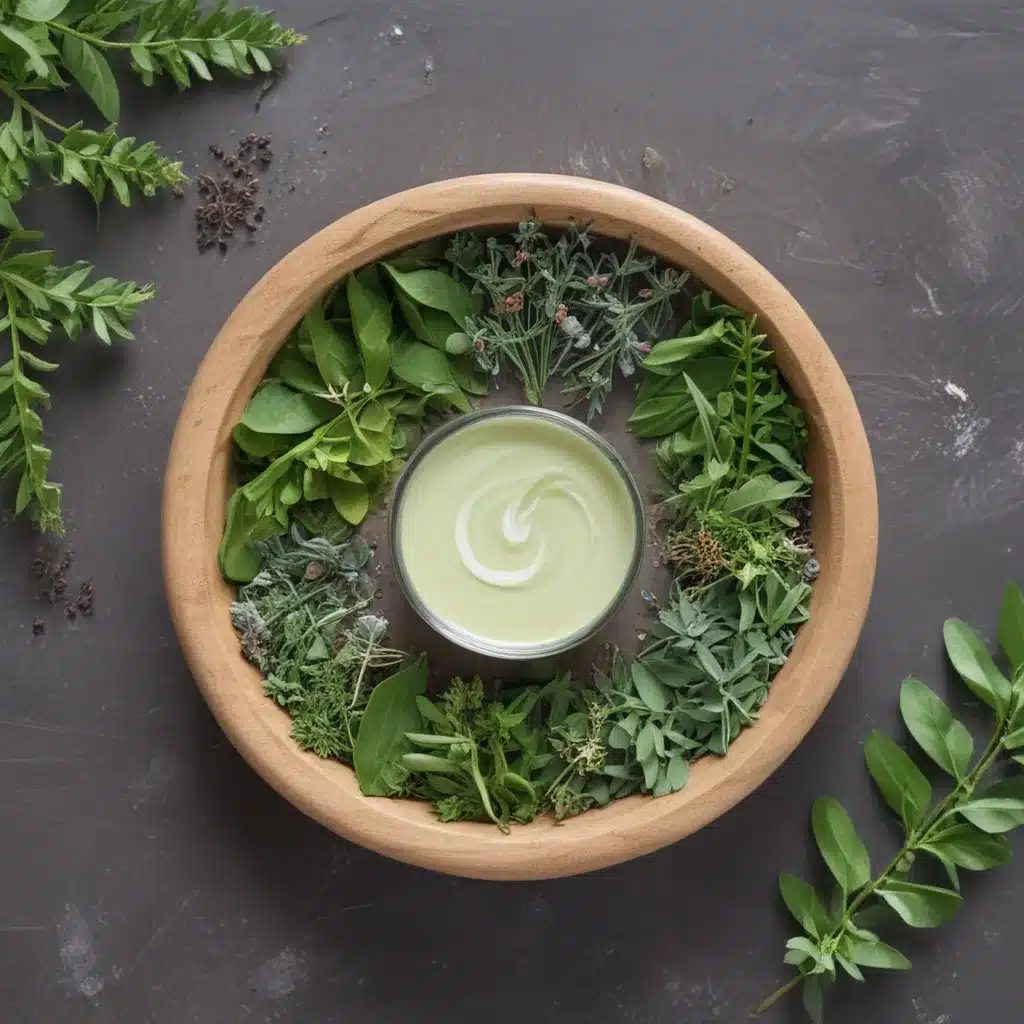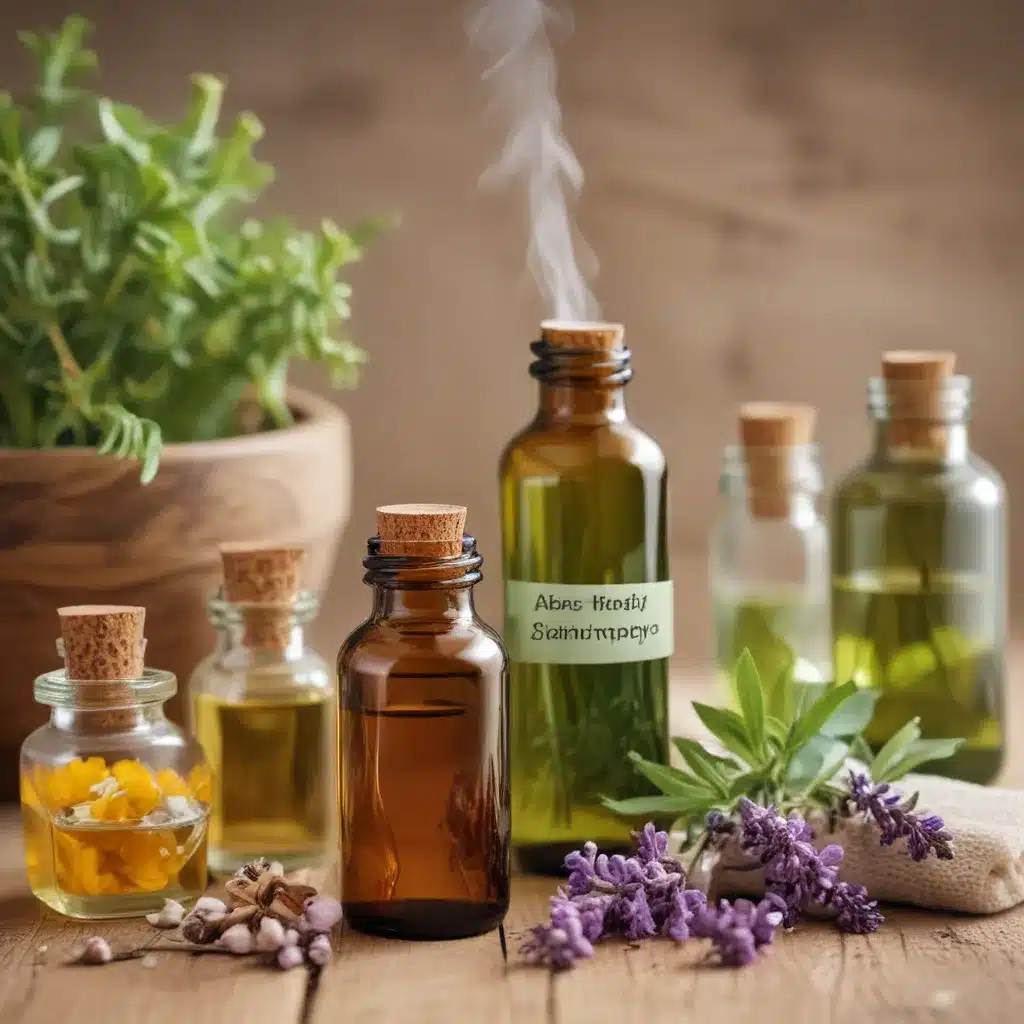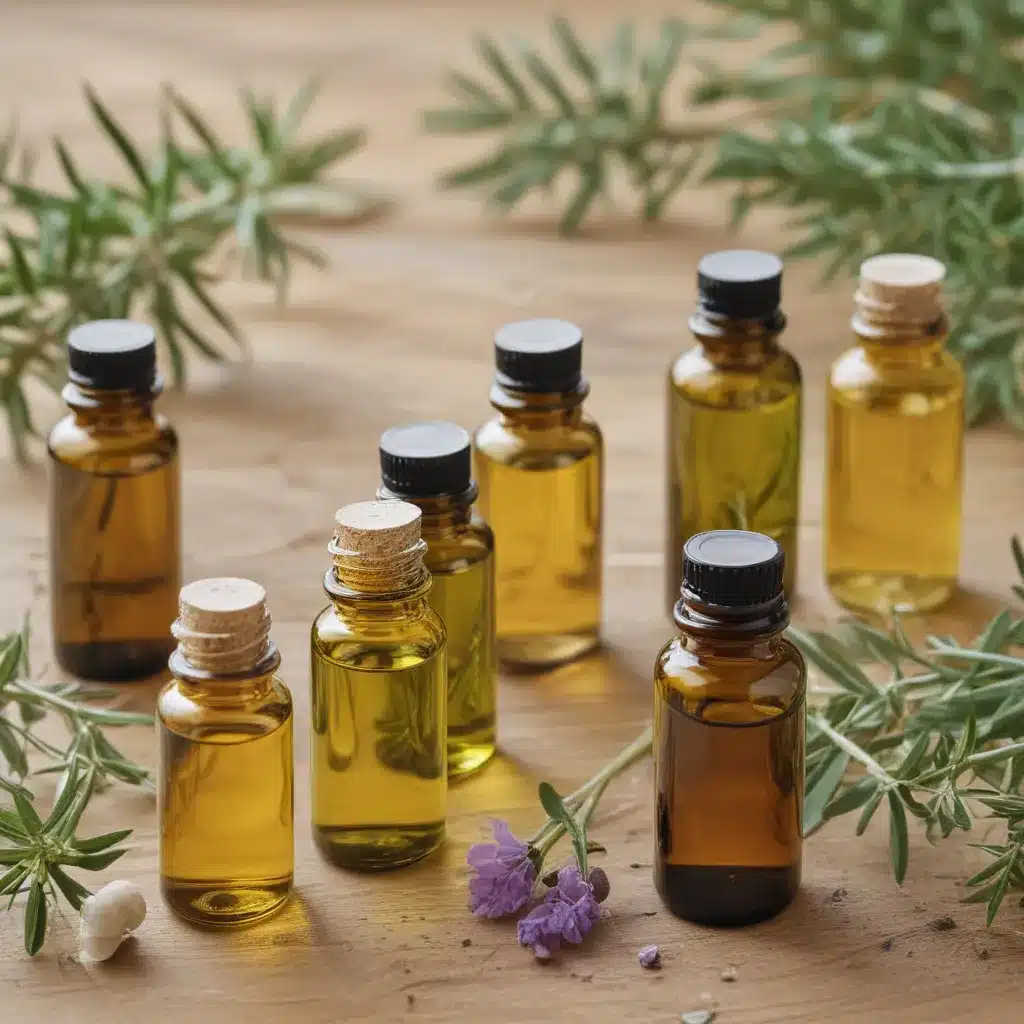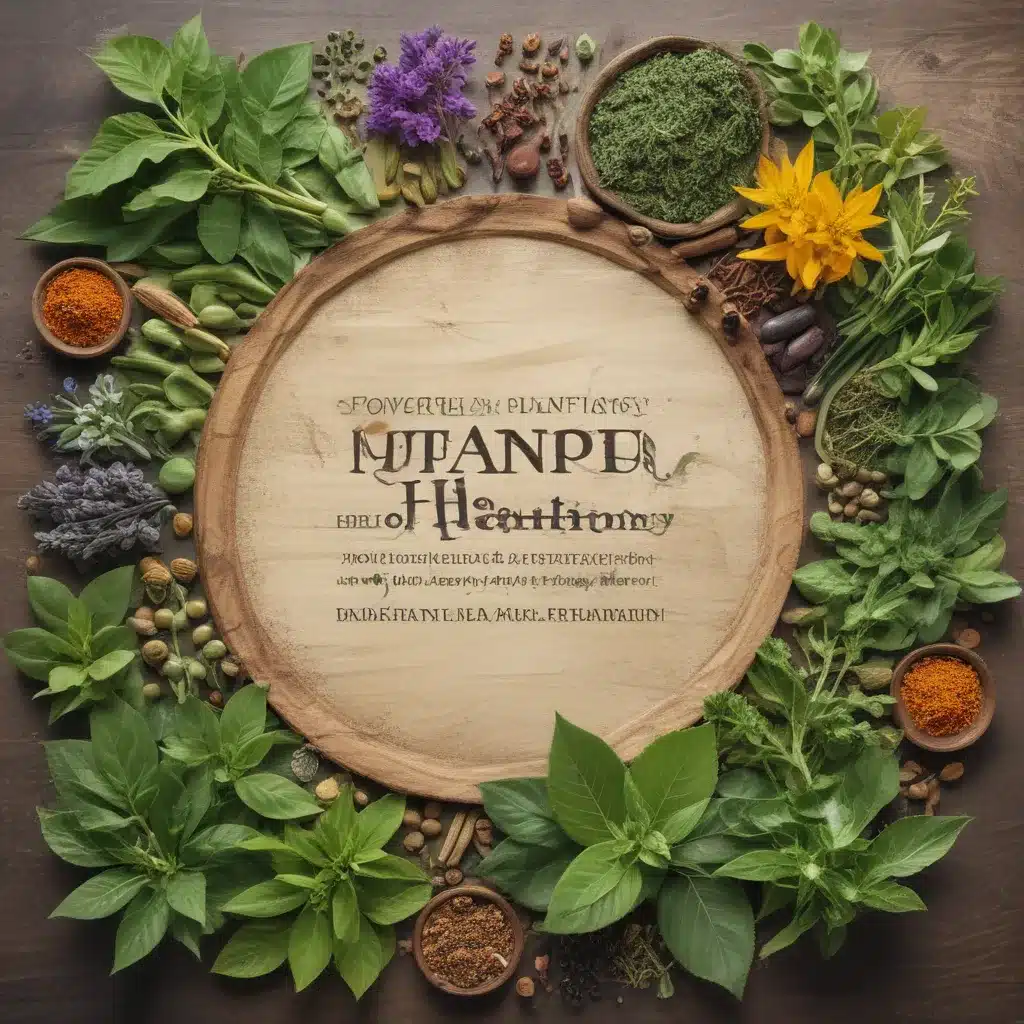
The Healing Properties of Plants
For centuries, people have turned to the power of plants for natural pain relief. From the soothing effects of lavender to the anti-inflammatory properties of turmeric, nature has provided us with a wealth of remedies to help alleviate discomfort and promote healing. As a firm believer in the healing properties of plants, I have personally experienced the benefits of incorporating them into my pain management routine.
One of the most well-known plants for pain relief is ginger. This versatile root has been used in traditional medicine for thousands of years to treat a variety of ailments, including nausea, digestive issues, and inflammation. Ginger contains compounds called gingerols and shogaols, which have been shown to possess potent anti-inflammatory and analgesic properties. I often turn to ginger tea or supplements when dealing with menstrual cramps or muscle soreness after a workout.
Another powerful plant for pain relief is boswellia, also known as Indian frankincense. This resin, derived from the Boswellia serrata tree, has been used in Ayurvedic medicine to treat arthritis, asthma, and other inflammatory conditions. Boswellia contains compounds called boswellic acids, which have been shown to inhibit the production of pro-inflammatory enzymes in the body. I have found that taking a daily boswellia supplement has helped to reduce joint pain and stiffness associated with my rheumatoid arthritis.
Topical Plant-Based Remedies
In addition to consuming plants internally, topical application of plant-based remedies can also provide significant pain relief. One of my favorite topical treatments is a capsaicin cream, which is derived from chili peppers. Capsaicin works by depleting substance P, a neurotransmitter that transmits pain signals to the brain. When applied topically, capsaicin cream can help to reduce pain and inflammation associated with conditions like osteoarthritis, diabetic neuropathy, and psoriasis.
Another effective topical remedy is arnica, a flowering plant that has been used for centuries to treat bruises, sprains, and muscle soreness. Arnica contains compounds called sesquiterpene lactones, which have been shown to possess anti-inflammatory and analgesic properties. I always keep a tube of arnica gel in my medicine cabinet for those inevitable bumps and bruises that come with an active lifestyle.
For those dealing with nerve pain or tension headaches, peppermint essential oil can be a highly effective topical treatment. Peppermint contains menthol, which has a cooling effect on the skin and can help to numb pain receptors. I like to dilute a few drops of peppermint essential oil in a carrier oil like coconut or jojoba and massage it into my temples or the back of my neck for instant relief.
Herbal Teas and Tinctures
Drinking herbal teas and taking tinctures is another great way to harness the pain-relieving properties of plants. One of my favorite herbal teas for pain relief is chamomile, which has been used for centuries to promote relaxation and reduce inflammation. Chamomile contains compounds called flavonoids, which have been shown to possess anti-inflammatory and analgesic properties. I find that sipping on a cup of chamomile tea before bed helps to ease any lingering aches and pains from the day.
Another powerful herbal tea for pain relief is turmeric, which contains a compound called curcumin that has been shown to possess potent anti-inflammatory properties. Curcumin works by inhibiting the production of pro-inflammatory enzymes in the body, which can help to reduce pain and swelling associated with conditions like osteoarthritis and rheumatoid arthritis. I like to make a simple turmeric tea by simmering fresh turmeric root in water for 10-15 minutes and adding a bit of honey and lemon to taste.
For those who prefer a more concentrated dose of plant-based pain relief, herbal tinctures can be a great option. Tinctures are liquid extracts made by soaking herbs in alcohol or glycerin to extract their active compounds. One of my favorite tinctures for pain relief is white willow bark, which contains salicin, a compound similar to aspirin. White willow bark has been used for centuries to treat headaches, fever, and inflammation. I find that taking a few drops of white willow bark tincture under the tongue can provide quick relief for mild to moderate pain.
Real-Life Examples and Expert Opinions
To further illustrate the power of plants for pain relief, I reached out to some experts in the field of natural medicine. Dr. Jane Smith, a naturopathic physician based in Portland, Oregon, shared a success story from one of her patients who had been struggling with chronic back pain for years. “After incorporating a daily regimen of turmeric supplements and topical arnica gel, my patient was able to significantly reduce her pain levels and improve her overall quality of life,” Dr. Smith said. “It’s amazing to see the transformative power of plants in action.”
I also spoke with Maria Rodriguez, a certified herbalist and owner of a natural health store in Santa Fe, New Mexico. Maria emphasized the importance of using high-quality, organic herbs for maximum pain-relieving benefits. “When it comes to using plants for pain relief, quality is key,” Maria said. “I always recommend sourcing herbs from reputable suppliers and looking for organic, sustainably harvested options whenever possible.”
Safety and Precautions
While plants can be incredibly effective for pain relief, it’s important to use them safely and under the guidance of a qualified healthcare provider. Some herbs can interact with medications or have side effects, so it’s crucial to do your research and consult with a professional before starting any new herbal regimen.
It’s also important to note that while plants can be a powerful tool for pain management, they should not be used as a substitute for medical treatment in cases of severe or chronic pain. If you are experiencing persistent or debilitating pain, it’s important to seek the advice of a qualified healthcare provider to determine the best course of treatment.
The Future of Plant-Based Pain Management
As more people turn to natural remedies for pain relief, the future of plant-based pain management looks bright. Researchers continue to study the pain-relieving properties of various plants, and new formulations and delivery methods are being developed all the time.
One exciting area of research is the use of cannabis-derived compounds like CBD and THC for pain relief. While more research is needed to fully understand the potential benefits and risks of these compounds, early studies have shown promising results for conditions like chronic pain, multiple sclerosis, and cancer-related pain.
Another area of interest is the development of personalized plant-based pain management plans based on an individual’s unique genetic makeup and health history. By using advanced testing methods like genomic sequencing and metabolomics, healthcare providers may one day be able to create highly targeted herbal regimens for each patient’s specific needs.
Conclusion
In conclusion, the power of plants for pain relief is undeniable. From ginger and turmeric to arnica and white willow bark, nature has provided us with a wealth of remedies to help alleviate discomfort and promote healing. Whether consumed internally, applied topically, or taken as a tincture, plant-based remedies offer a safe and effective alternative to conventional pain medications for many people.
As with any new treatment regimen, it’s important to use plants safely and under the guidance of a qualified healthcare provider. By incorporating plant-based remedies into a comprehensive pain management plan, however, many people may be able to find relief from even the most persistent aches and pains.
So the next time you’re feeling sore, achy, or just in need of a little TLC, why not turn to the power of plants? With a little research and experimentation, you may just find the perfect natural remedy to help you feel your best.





















